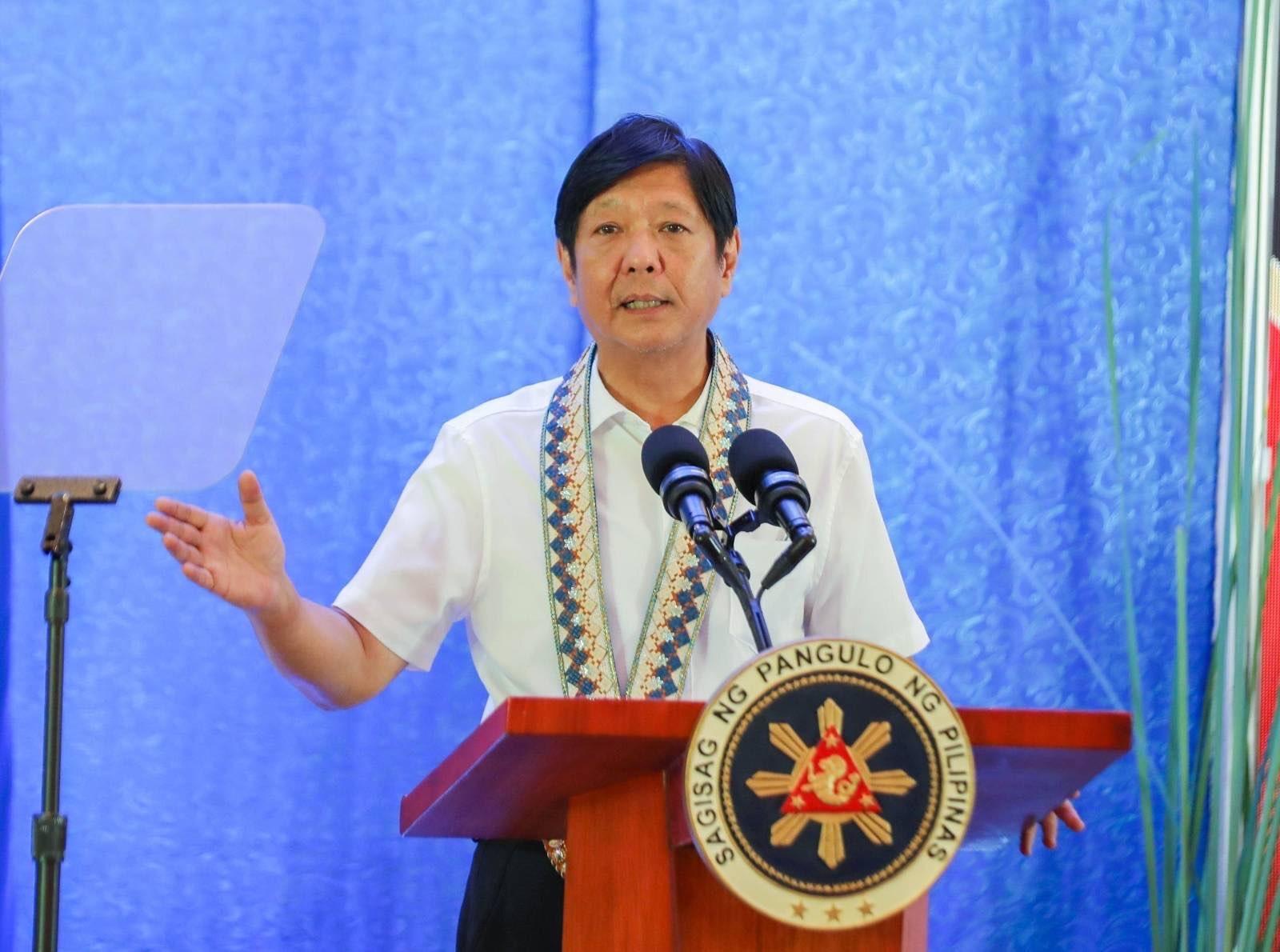News
PBBM: PH, Australia must defend ‘open, rules-based’ int’l order

FILE: President Ferdinand R. Marcos Jr. (Photo: Bongbong Marcos/Facebook)
MANILA – The Philippines and Australia must stand united in addressing the pressing issues that threaten peace and stability in the Indo-Pacific, President Ferdinand R. Marcos Jr. said on Thursday.
“Our two countries have always understood that without the predictability and stability of our rules-based order, our region would not have emerged as the driver of the global economy as it is today,” Marcos said in a speech delivered before the Australian Parliament at the Chamber of House of Representatives in Canberra, Australia.
“We have long known that our prosperity and development are anchored on the peace and stability of the Indo-Pacific. Today, that peace, that stability, and our continued success, have come under threat,” he added
Marcos lamented that geopolitical polarities and strategic competitions jeopardize the “hard-won peace” in the region, stressing that there remains to be “unresolved inequities and inequalities within and amongst nations”.
He also noted that “powerful and transformative” technologies can destabilize the political and social order.
He said the Philippines and Australia need to join forces and seek help from other allied countries “in the face of threats to the rule of law, to stability, and peace.”
“It has become crucial for us now to envision the shape, the breadth, and the depth of our Strategic Partnership and how it must move forward as we weather the storms of global volatility,” Marcos said.
“In Australia, we see a natural partner in our efforts to defend, preserve, to uphold our open, inclusive, and rules-based international order to ensure that it remains governed by international law and informed by the principles of equity and justice.”
The Philippines, Marcos said, will not allow any attempts to undermine regional peace, stability and success.
Protecting South China Sea
Marcos also stressed the need to protect the South China Sea (SCS) to ensure the continued prosperity of the region.
“The protection of the South China Sea as a vital, critical global artery is crucial to the preservation of regional peace and, I daresay, of global peace. We have an abiding interest in keeping our seas free and open and in ensuring unimpeded passage and freedom of navigation,” he said.
“We must uphold, preserve, and defend the unified and universal character of the United Nations Convention on the Law of the Sea as the constitution of the oceans.”
Amid the long-standing disputes in the SCS, Marcos maintained that the Philippines would remain firm in defending its sovereignty, sovereign rights, and jurisdiction.
“I shall never tire of repeating the declaration that I made from the first day that I took office: I will not allow any attempt by any foreign power to take even one square inch of our sovereign territory. The challenges that we face may be formidable, but equally formidable is our resolve. We will not yield,” Marcos said.
Nuclear risk reduction, carbon neutrality
Marcos also expressed support for Australian Prime Minister Anthony Albanese’s vision of “a world free of nuclear weapons.”
Considering the emerging technologies such as autonomous weapon systems, Marcos said “there is much room” for the two nations to work together.
“Within the ambit of the ASEAN (Association of Southeast Asian Nations) Regional Forum and the Nuclear Non-Proliferation Treaty, our two countries are champions of nuclear disarmament and advocates for nuclear risk reduction.
Marcos said climate change also “threatens our very existence,” adding that “tectonic shifts are acutely felt in the Indo-Pacific”.
He said developed nations must act now and do more to address the “glaring disproportion between our share of responsibility and our vulnerability.”
This, as he emphasized the importance of carbon neutrality.
“The Philippines has the potential to be a net carbon sink, absorbing more carbon dioxide than we emit. Yet, we are one of the most climate-vulnerable countries in the world, ranking first in the 2023 World Risk Index,” Marcos said.
“My country accepts its part in our collective responsibility. My administration is committed to accelerating our just, affordable, sustainable, and inclusive energy transition towards carbon neutrality,” he added.





















